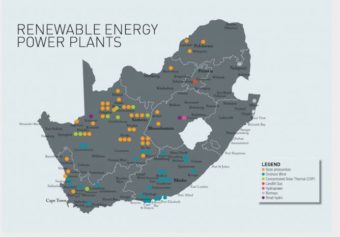According to the World Bank, 35 of 47 economies in sub-Saharan Africa took at least one step in making it easier to do business in their country in 2015. Rwanda implemented a credit-scoring service; Kenya launched government-run company registration services; Madagascar strengthened minority-investor protections; and Equatorial Guinea took the registration procedure for new businesses from 16+ steps down to four, and the processing time from 120+ days to 10.
As new businesses are created and developed, and oil-based economies work to diversify in the face of low oil prices, business-to-business (B2B) opportunities throughout Africa will thrive. In their report, “Lions on the Move II: Realizing the Potential of Africa’s Economies,” McKinsey Global Institute stated an increase in the number and size of African businesses means that, “While the consumer story has generated headlines, the relatively unsung business-to-business market represents an even larger opportunity.”
McKinsey expects B2B demand to grow by US$1 trillion, bringing the figure to $3.5 trillion by 2025. African companies spent $2.6 trillion on the B2B market in 2015 – 40 percent of which was in South Africa and Nigeria.
“Half of that total was spent on input materials, 16 percent on capital goods, and the remainder on a wide range of services, including business and financial services, transportation, and information technology and telecommunications services,” according to the report.
This spending pattern is expected to continue in the coming years, with spending on services growing fastest, at 3.5 percent annually.
In the report, McKinsey lists three factors that are expected to drive company spending over the coming years. The first is structural changes, and has to do mainly with the formation of new businesses and intra-Africa trade. The report predicts that as more legislation and reforms such as Equatorial Guinea’s are put into place, productivity and the opportunity to scale and access funding across Africa will increase, and in turn, so will the demand for B2B services. Additionally, cross-border trading within trade blocs will spur local production and services, and ultimately, once again, B2B spending on the continent.
Read more here.



